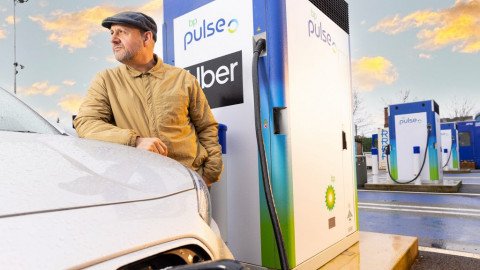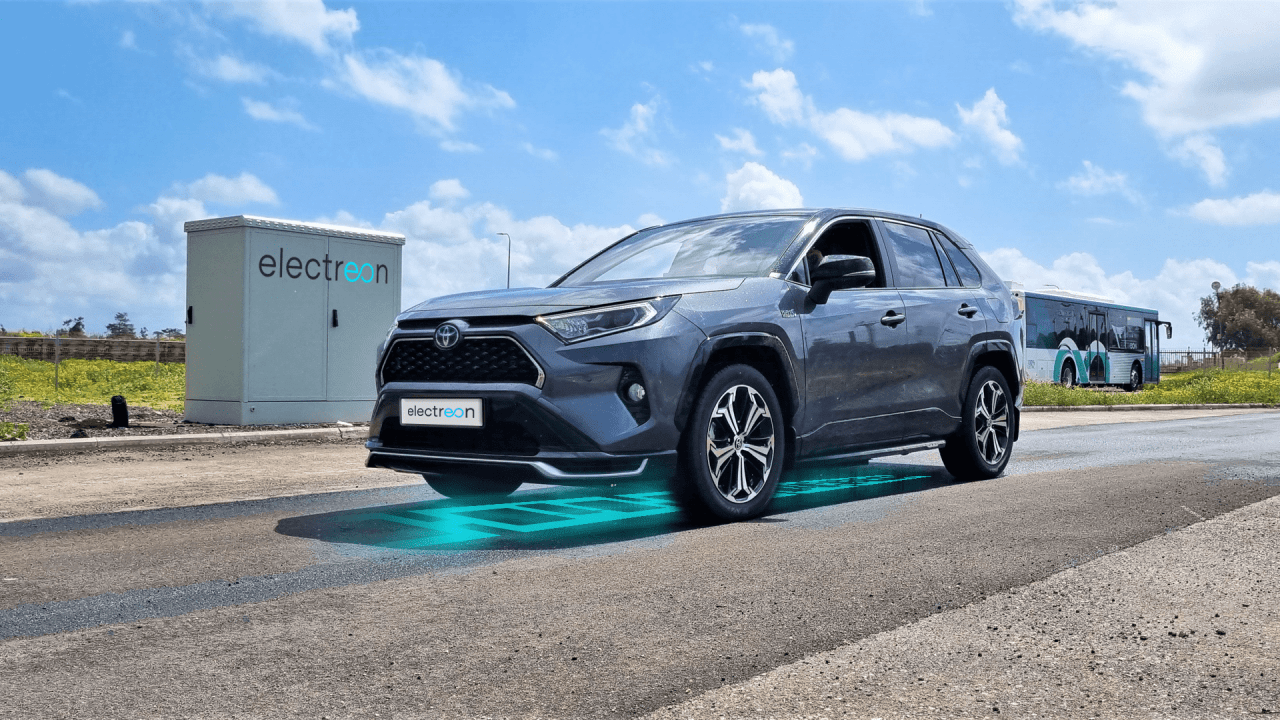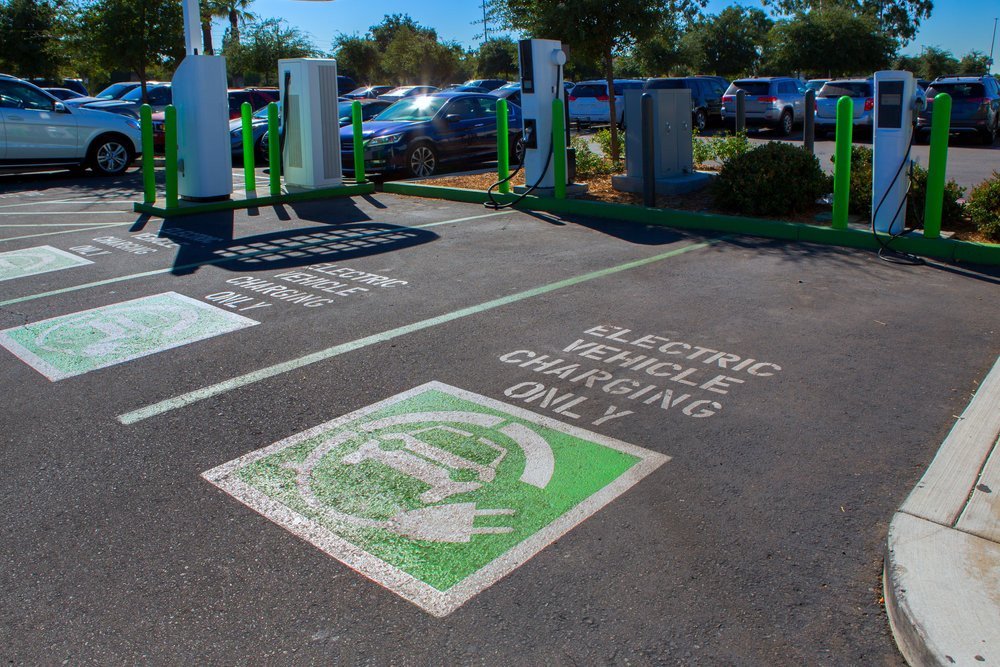Electreon, Toyota, DENSO to co-develop Wireless EV Charging Technology
Israeli firm Electreon that specialises in wireless charging solutions for electric vehicles has recently come to an agreement to jointly develop an advanced wireless charging technology built on its technology and knowledge with Toyota Motor Corporation and DENSO Corporation.
The company claims that the agreement follows a successful technology evaluation conducted at Electreon's headquarters in Beit Yanai, Israel where technical teams from Toyota and DENSO participated. A demonstration of the RAV4 PHEV charging on the wireless road was held at the conclusion of the evaluation.
The parties intend to promote technical development for the adoption of wireless charging technology through the co-development of an aftermarket wireless kit for current EVs to utilize wireless charging technology and integration of the wireless technology into new cars released to the market.
Further, the collaboration also aims to shape the standardization of wireless EV charging, and promote a joint pilot project in Japan, the U.S. or in EU, including commercial proof of business.
"We are honored to partner with Toyota and DENSO — two of the leading and most respected companies in the global automotive industry, to provide an overall game-changing solution with Electreon's technology," said Oren Ezer, CEO and Co-founder of Electreon.
RELATED: Siemens and MAHLE to work on inductive charging of electric vehicles
"This partnership will make wireless charging accessible to a diverse and wide range of drivers and will demonstrate the many benefits of wireless charging as a cost-effective clean solution for charging EVs as well as a catalyst in reducing EVs' carbon footprint", he added.
The companies are expected to execute a detailed joint development agreement for the proposed joint activities in this regard. They claims that this joint development is expected to revolutionize the automotive industry by providing a smart and efficient way to charge EVs.
Toyota believes that dynamic wireless charging technology will serve to solve the issues related to electrified vehicles. It may not only eliminate the hassle of charging practice but also can help to reduce the battery size required in an EV or extend relative driving range, according to the company's statement.
The automaker also believes that the technology may help to distribute power demand more evenly, reducing the load on the grid and making it easier to incorporate renewable energy sources.






















